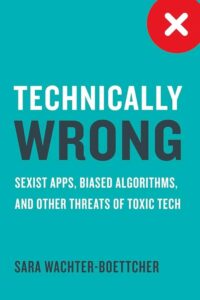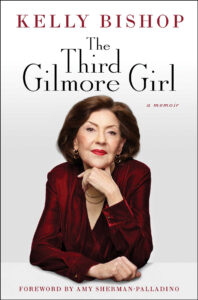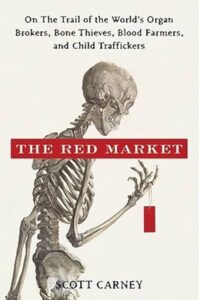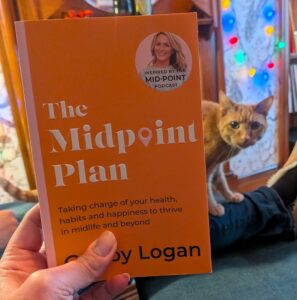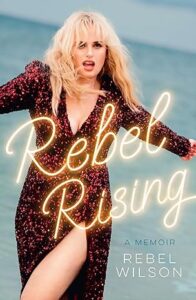Technically Wrong by Sara Wachter-Boettcher
Written by Ashley Kelmore, Posted in Reviews
In a nutshell:
Author Wachter-Boettcher explores what is so very wrong with modern technology.
Best for:
Those interested in how horribly tech has gone wrong, and the problems that persist today.
Quote that made me think:
“When those values reflect a narrow world view, one defined by privileged white men dead set on disruption at all costs, things fall apart for everyone else.”
Why I chose it:
This has been on my to read list for years, and the audio book was available in Libby so finally decided to check it out.
Review:
This book was written around 2016/2017, so it is a bit outdated, in that things have gotten even worse. The information in this book is pre-Twitter’s switch to become Elon’s and white supremacy at large’s playground, pre-most of generative AI, and pre Trump 2.0. But the author does predict in general terms things that have come to pass, and it’s just frustrating that in ten years, instead of making tech better and safer, it’s just gotten even worse.
This book is just chock full of examples of how technology is not working for the majority of people, and serves instead the whims of the tech billionaires and their minions. For example, Pure Gym had a long list of titles (Mr / Miss etc) that members had to select as part of their membership. When one woman who was a Dr and used that title tried to access the women’s locker rooms, she couldn’t, because in the system, Dr coded to male. Basically, default options that are created by a homogeneous group (generally well-off white dudes) don’t lead to positive experiences. Like the period tracking app that assumes the main reason people want to track their cycles is because pregnancy (seeking or avoiding), which leaves out anyone who doesn’t have sex that could result in pregnancy.
The book also explores how certain tech – like Facebook (now Meta) becomes the arbiter of things that are way too important to be left to tech bros. Like the ‘real name’ controversy, where individuals using chosen names, or names that don’t fit into white European norms (such as indigenous names) are rejected, and people have to appeal for recognition. When technology becomes essential, we struggle with the private sector wanting all the benefits of being essentially a utility but without any of the regulation or oversight.
It also addresses the ‘pipeline’ problem – the claim that if we just fix the pipeline, there will be more diversity in tech. But the reality is even as the pipeline expands and diversifies, the end point is a sewer. Not many people want to work in a cesspool of overinflated tech egos that’s only getting more and more disgusting.
It’s obviously not an uplifting book, but I do think the information is important to know and to keep in mind as we all interact with more technology every day.
I listened to the audio book and I found the voice artist to be distracting. Do you remember the Vanessa Bayer character from Saturday Night Live? The young theater kid? The voice artist was a member of SAG and seemed to overact a lot of narration. It was unpleasant to listen to, but the content of the book itself was engaging.
Would I recommend it to its target audience:
I think so, with the caveat that it is ten years old, so while still depressingly relevant, some of it is outdated.
